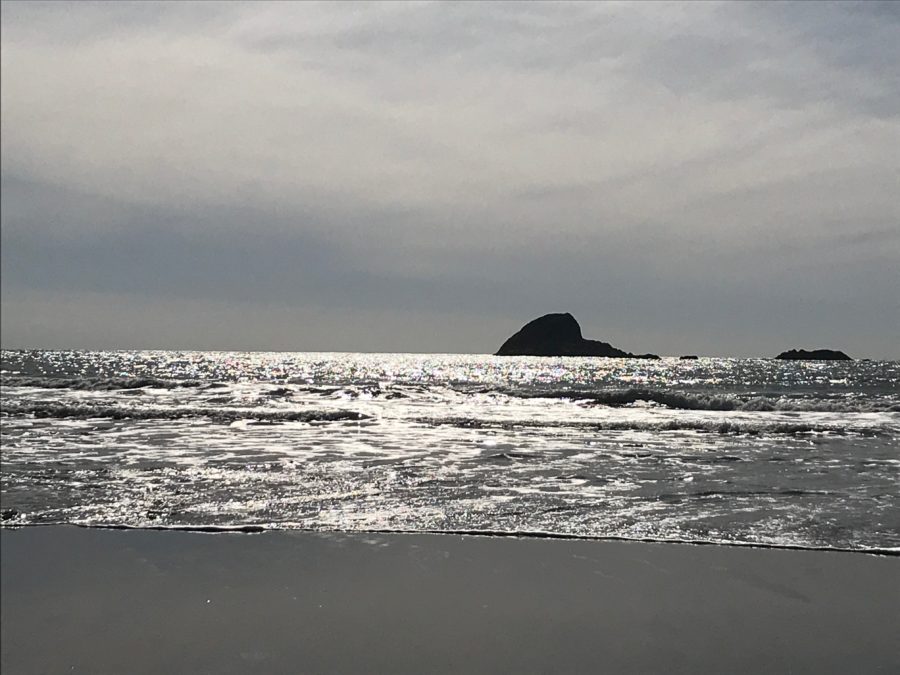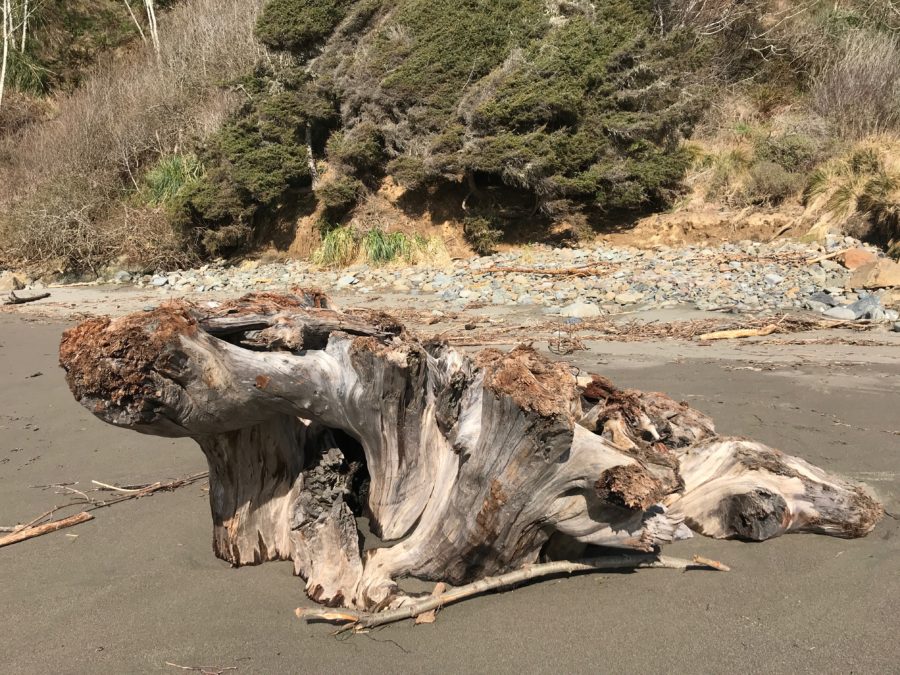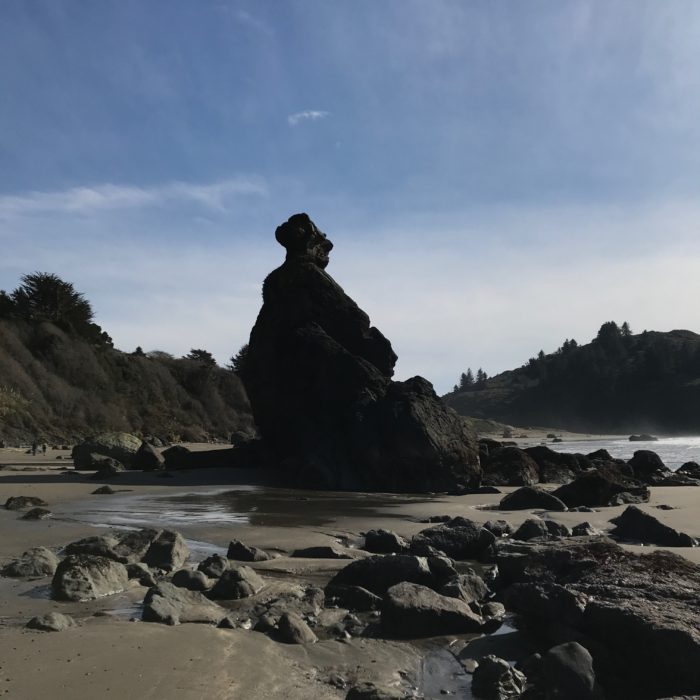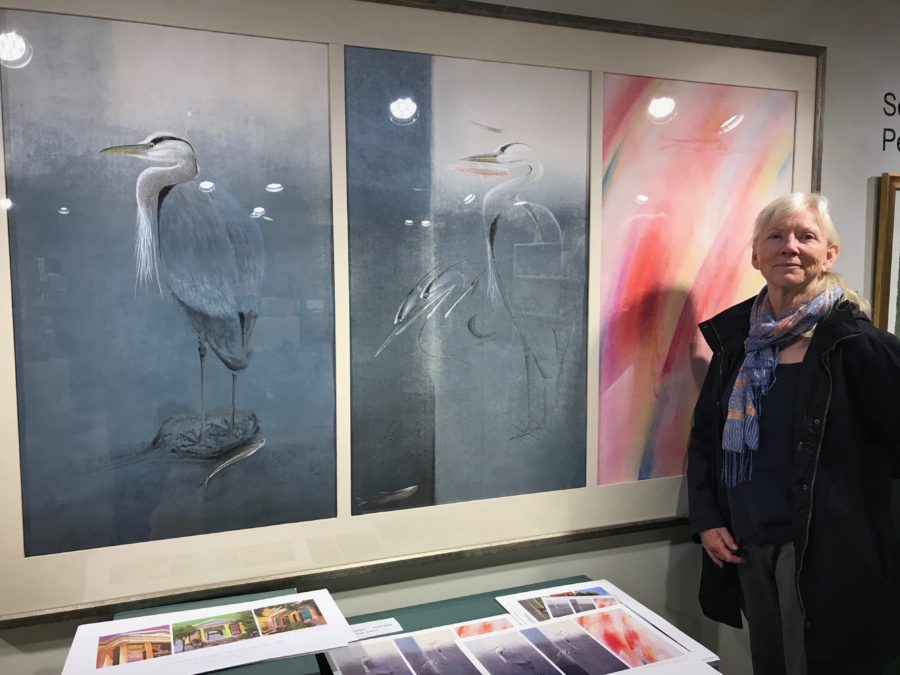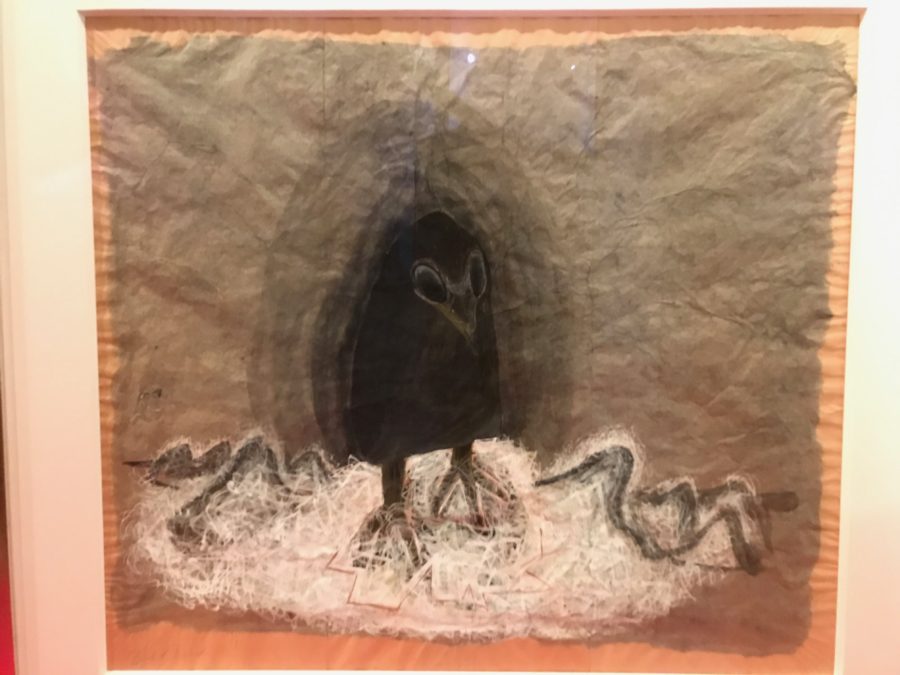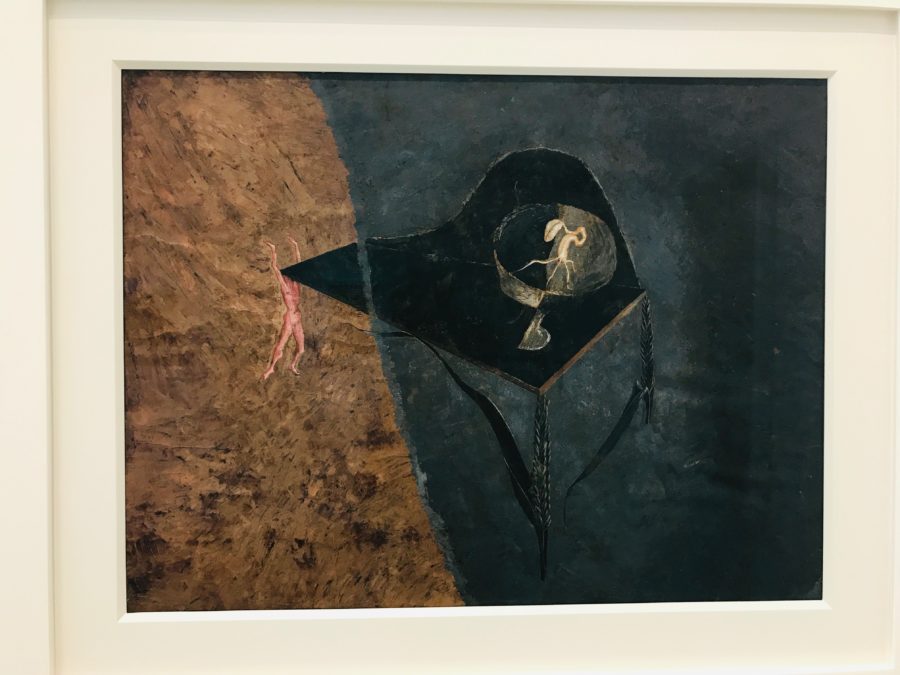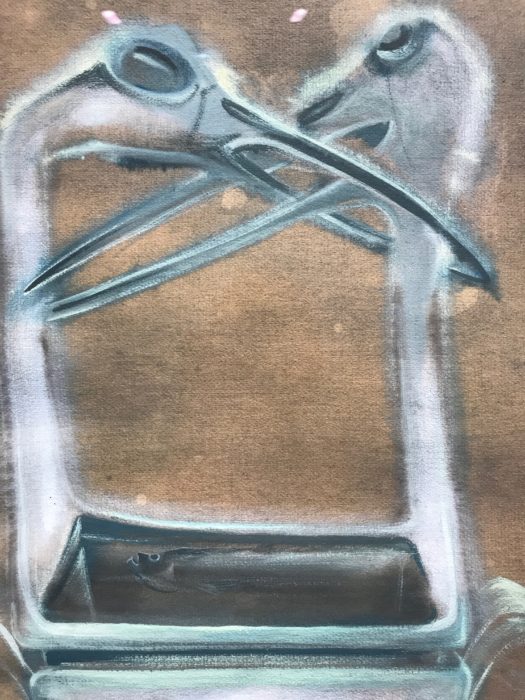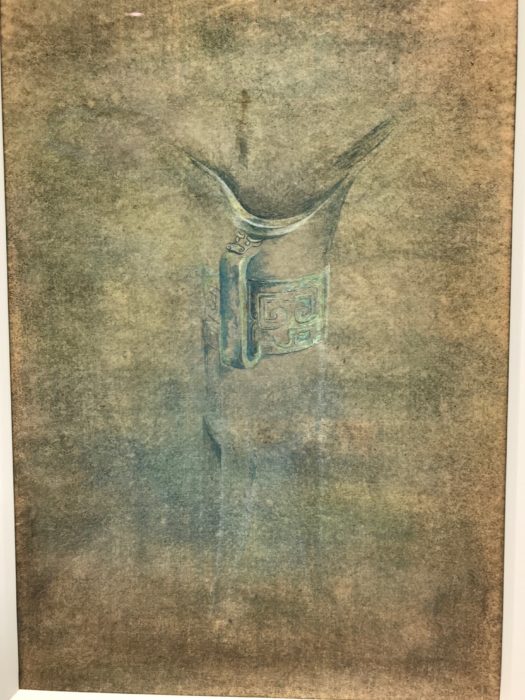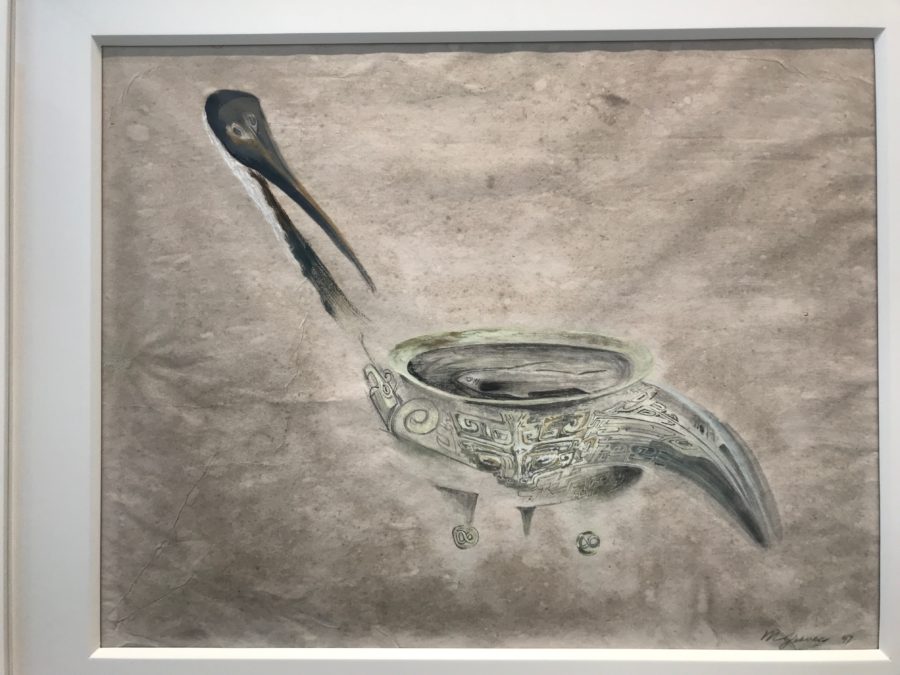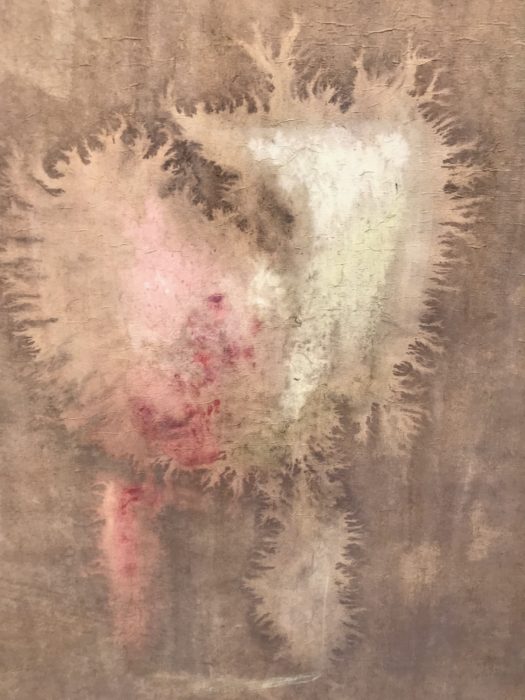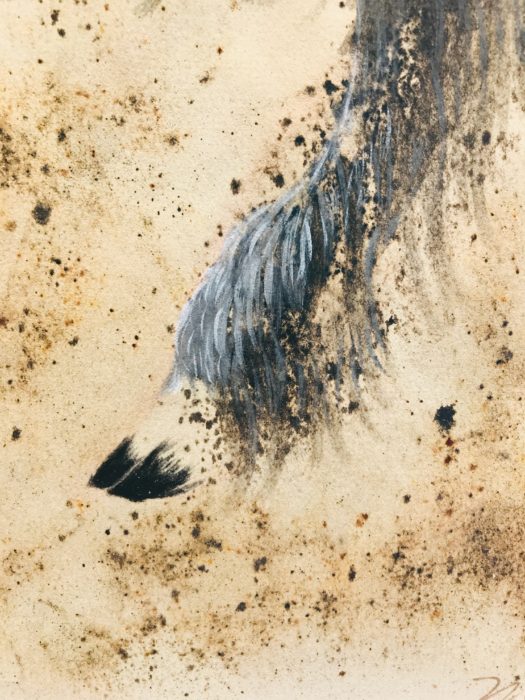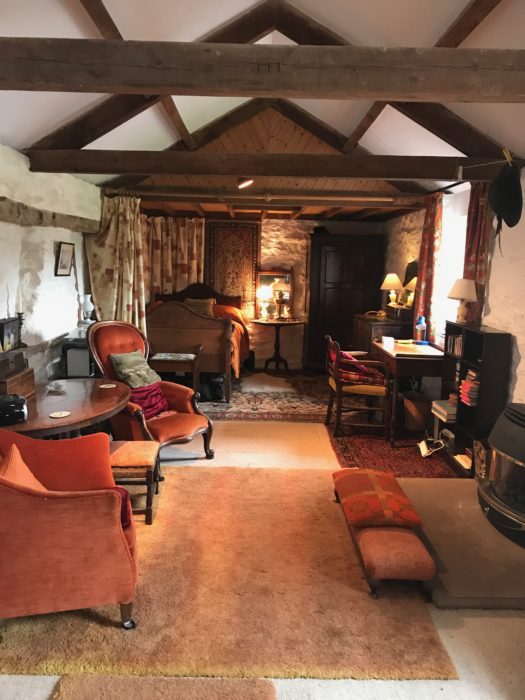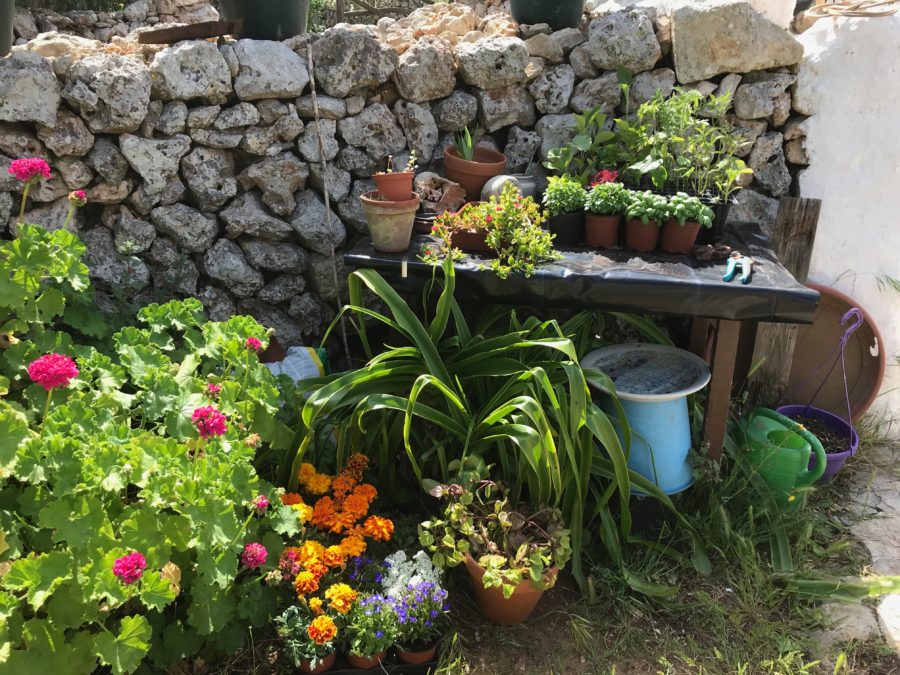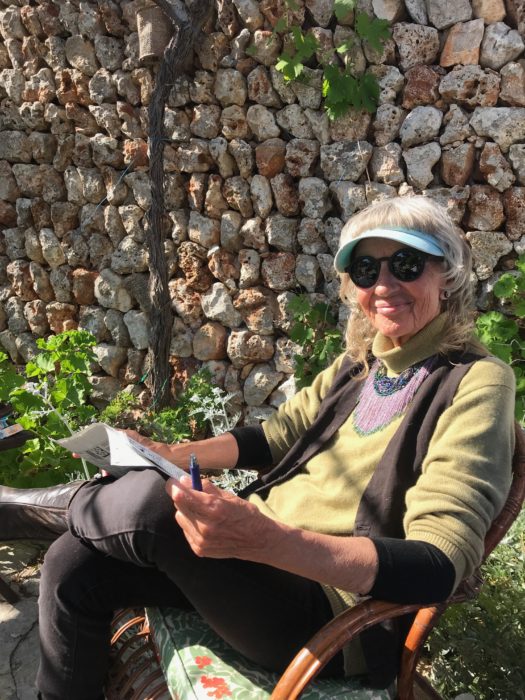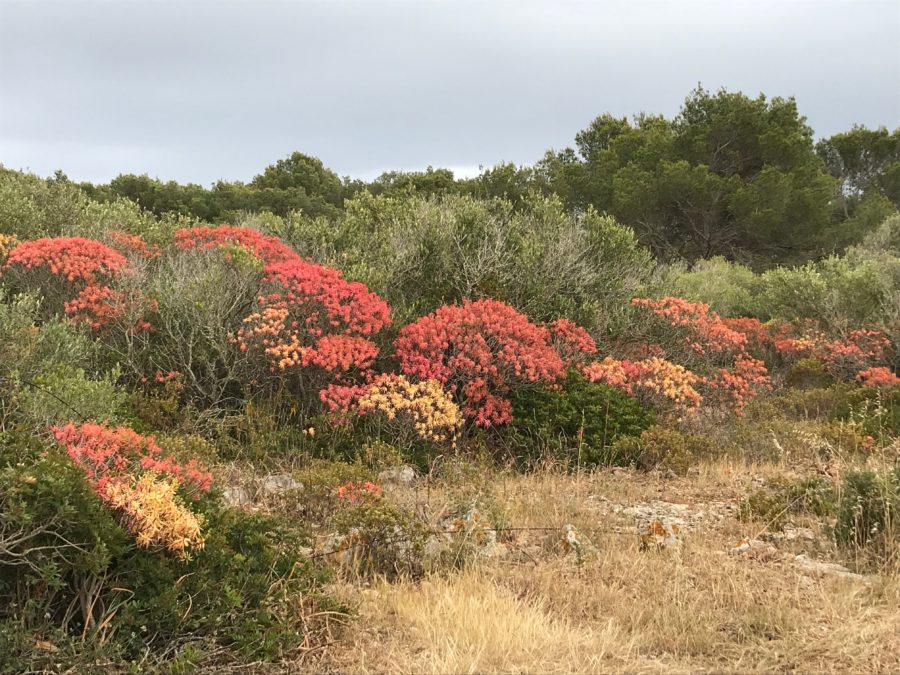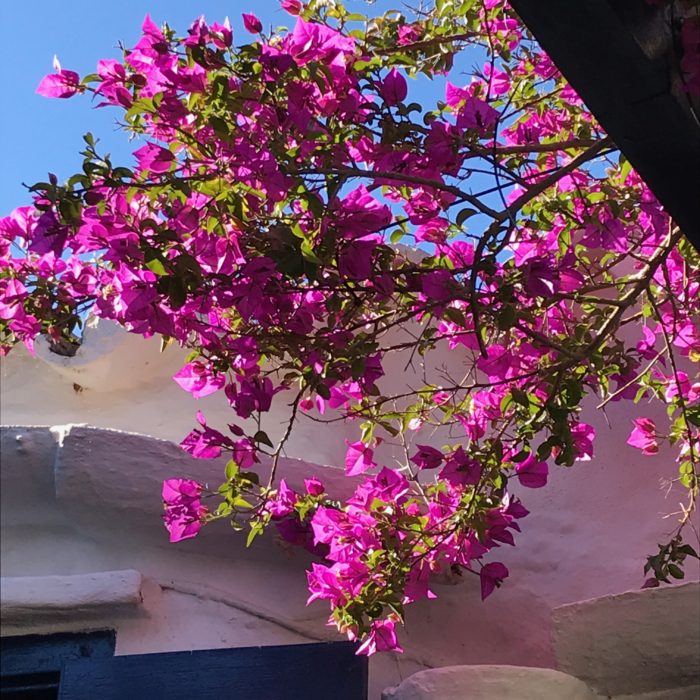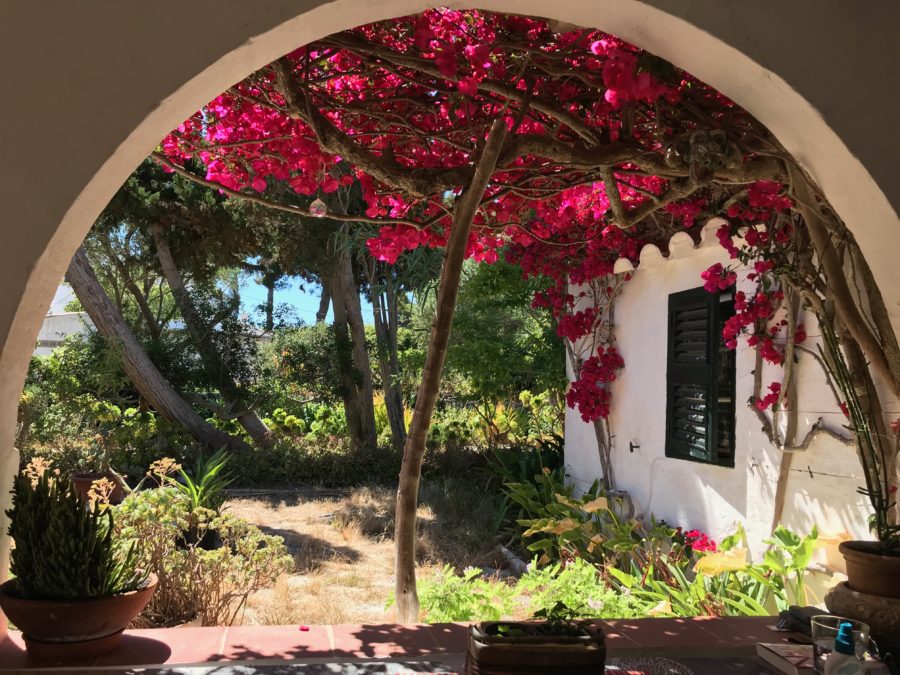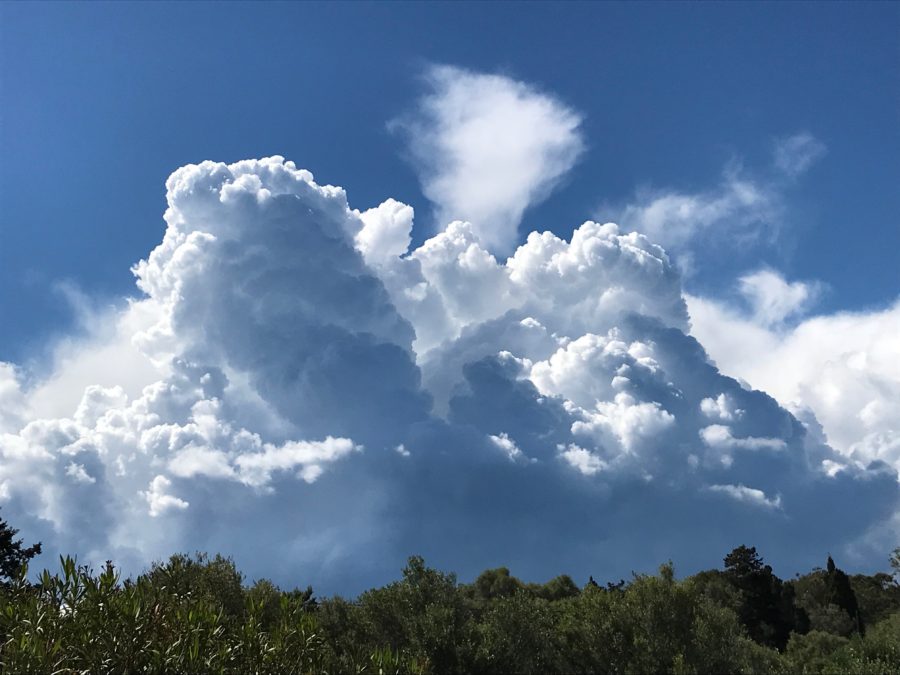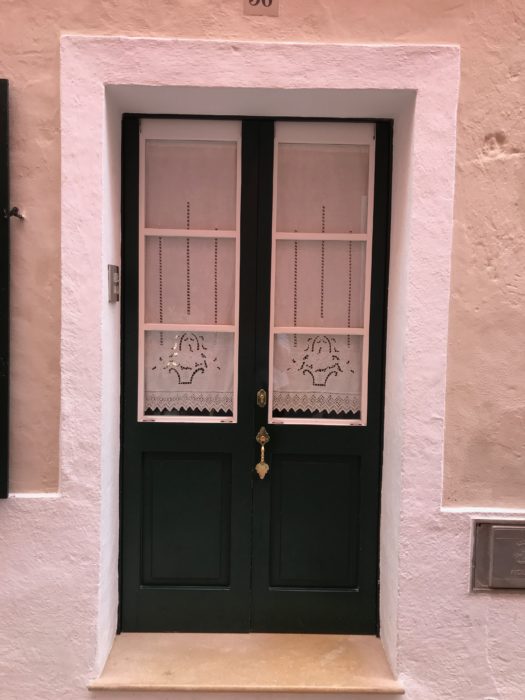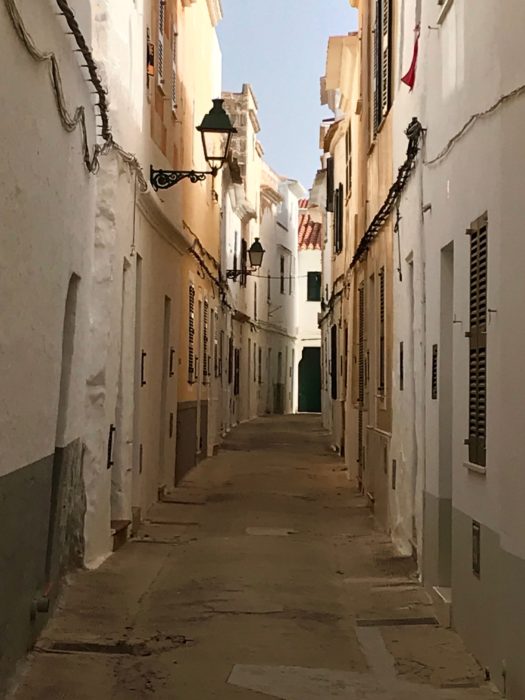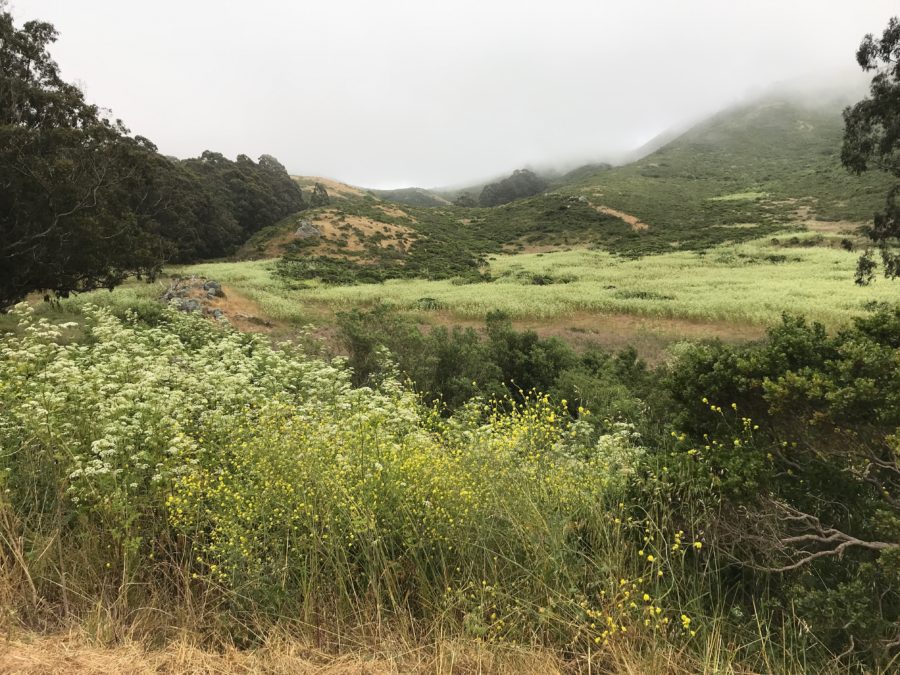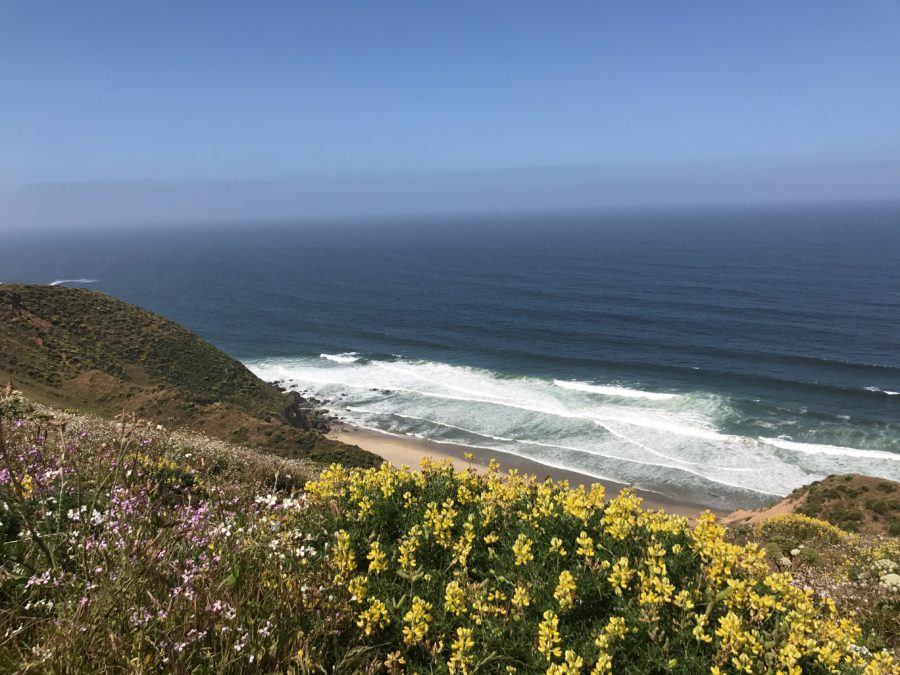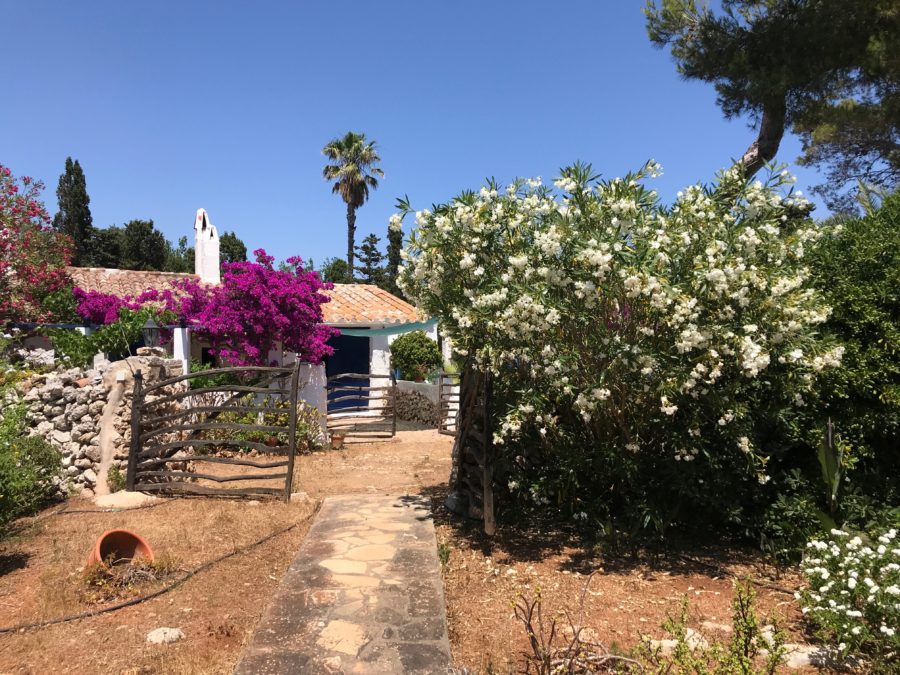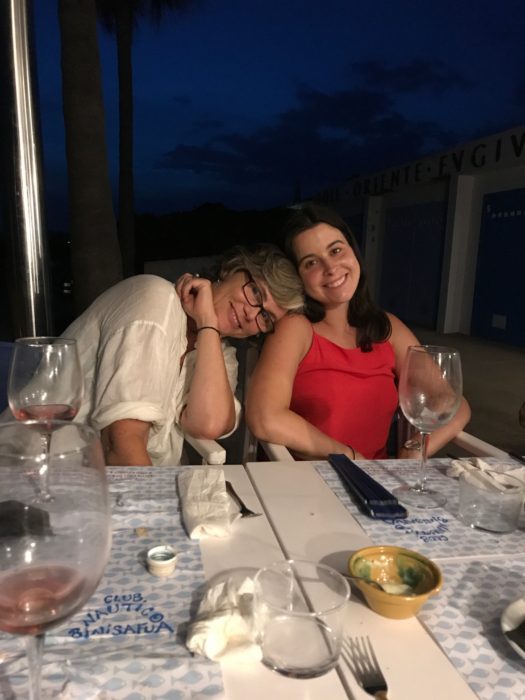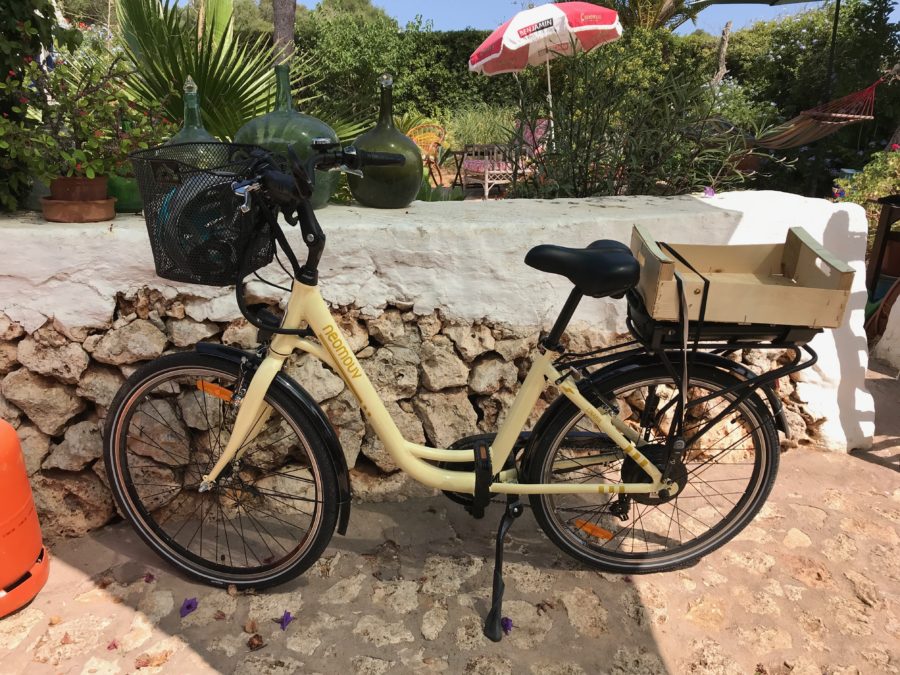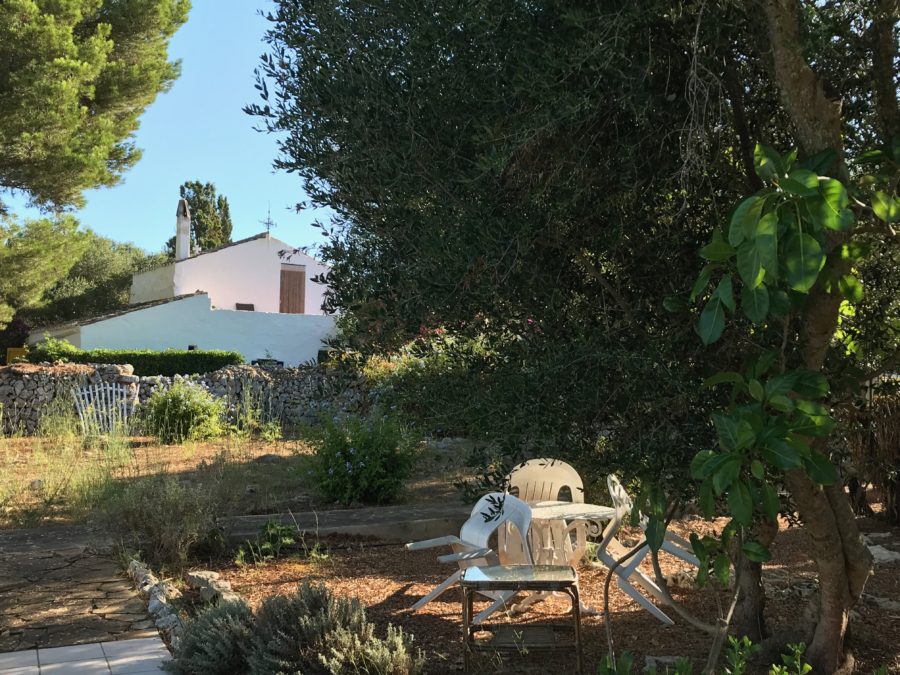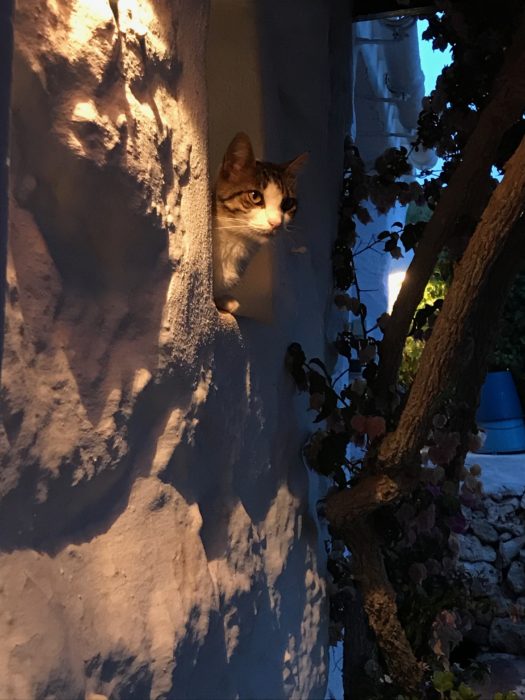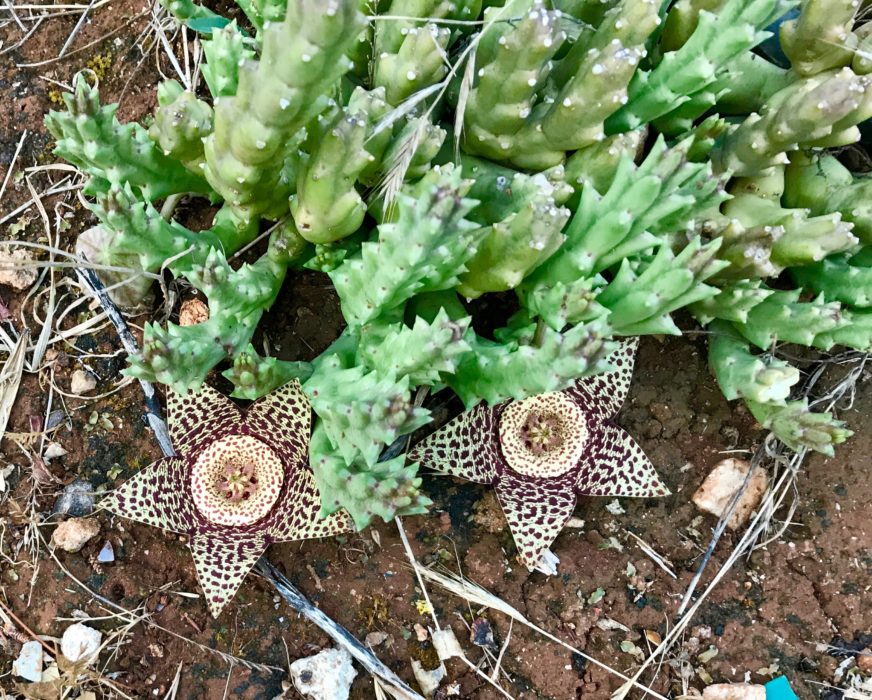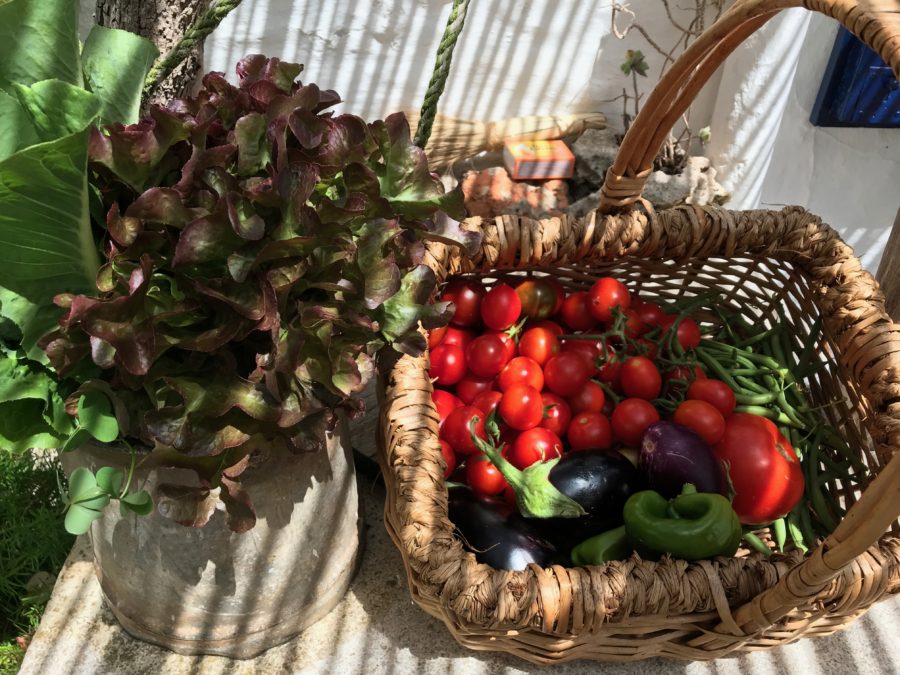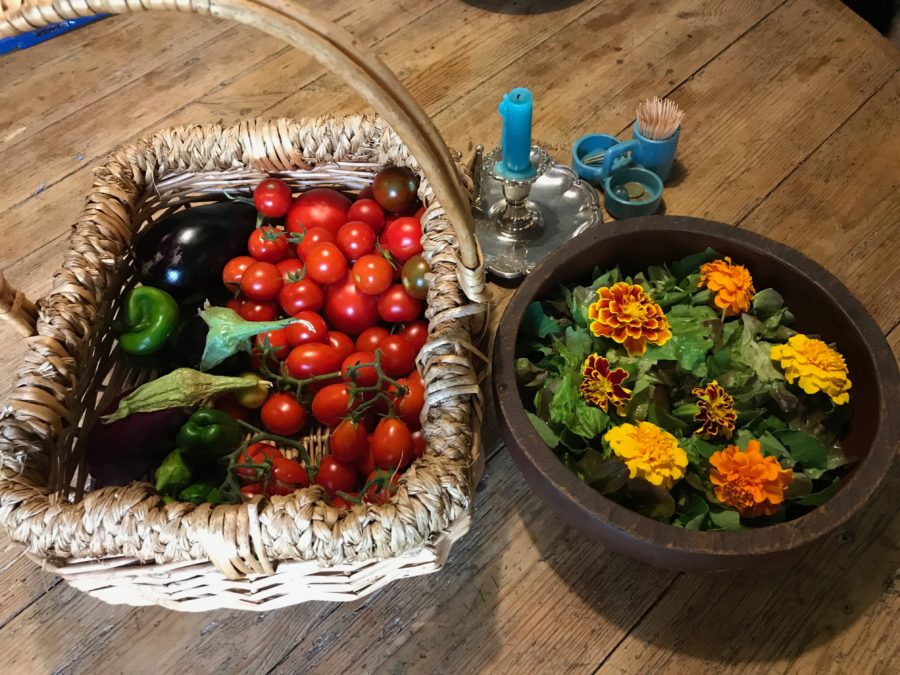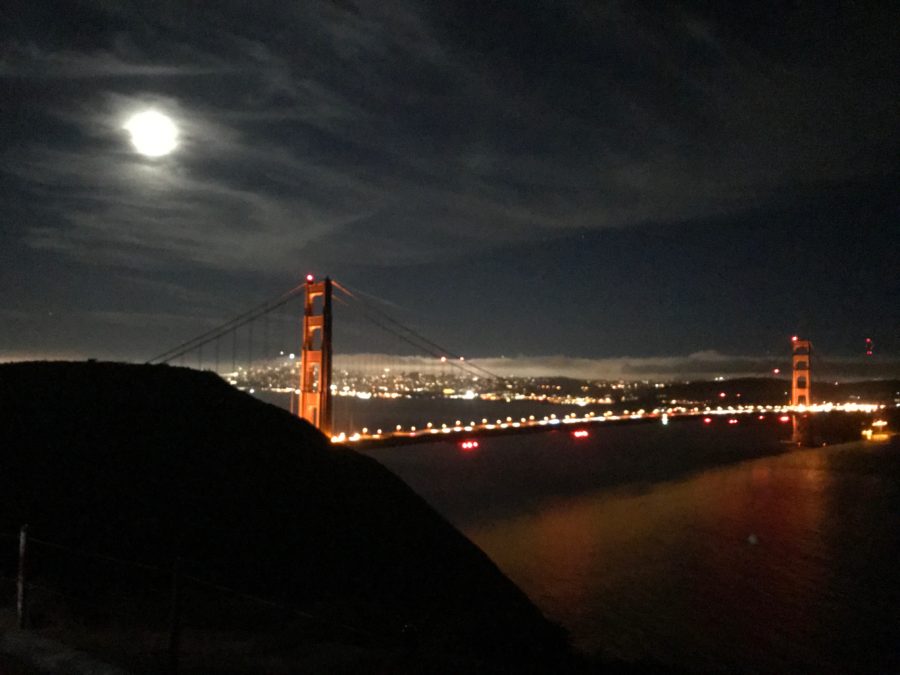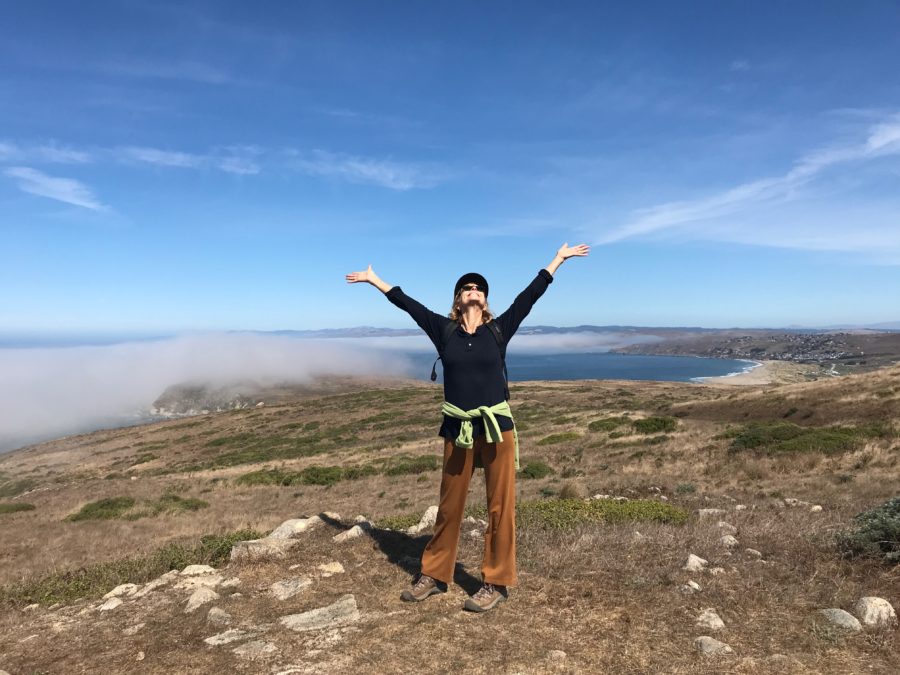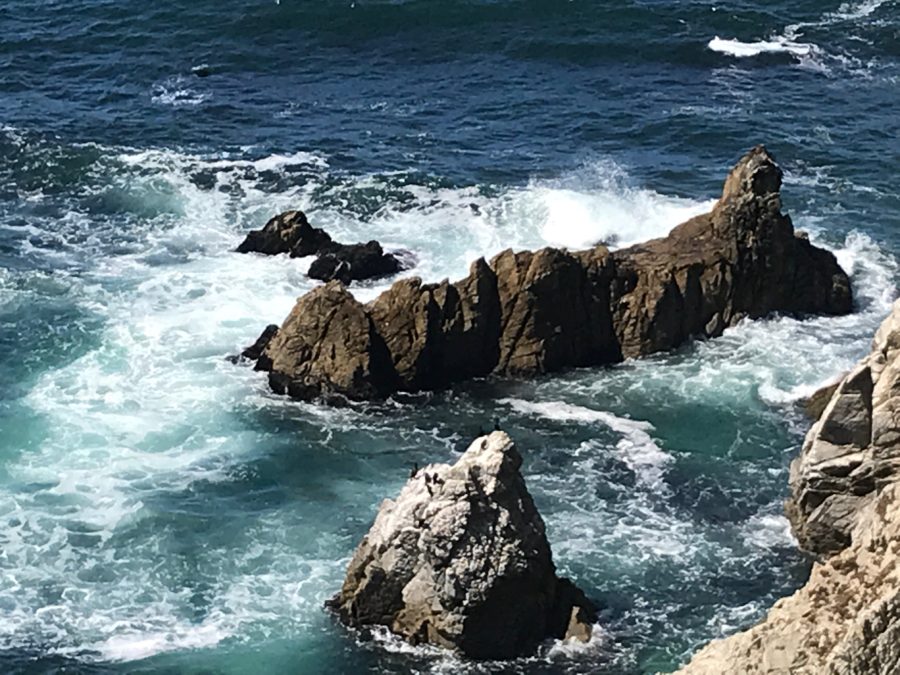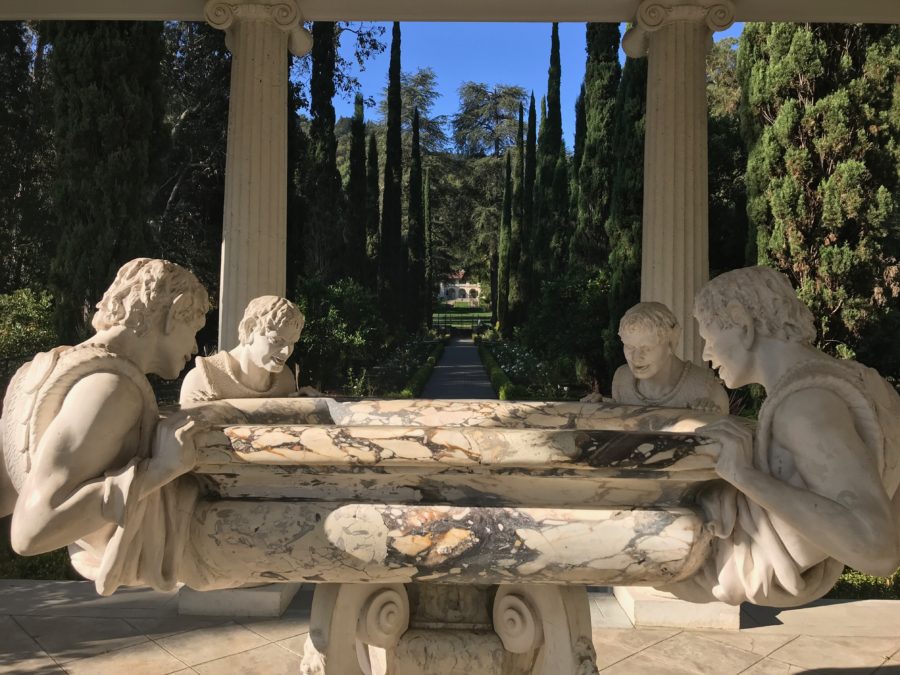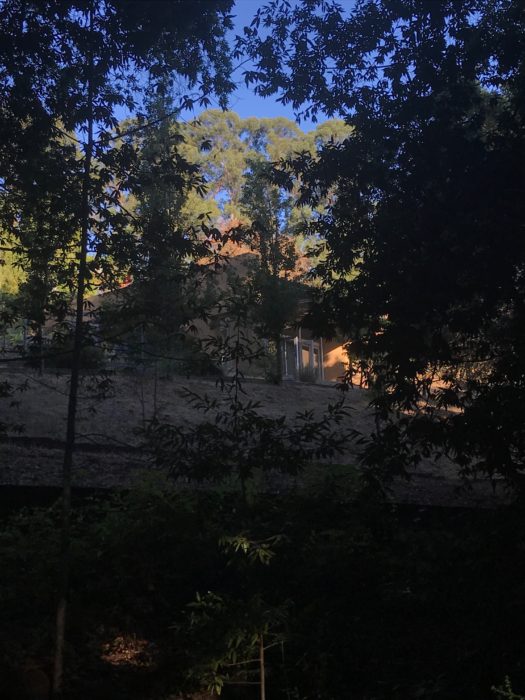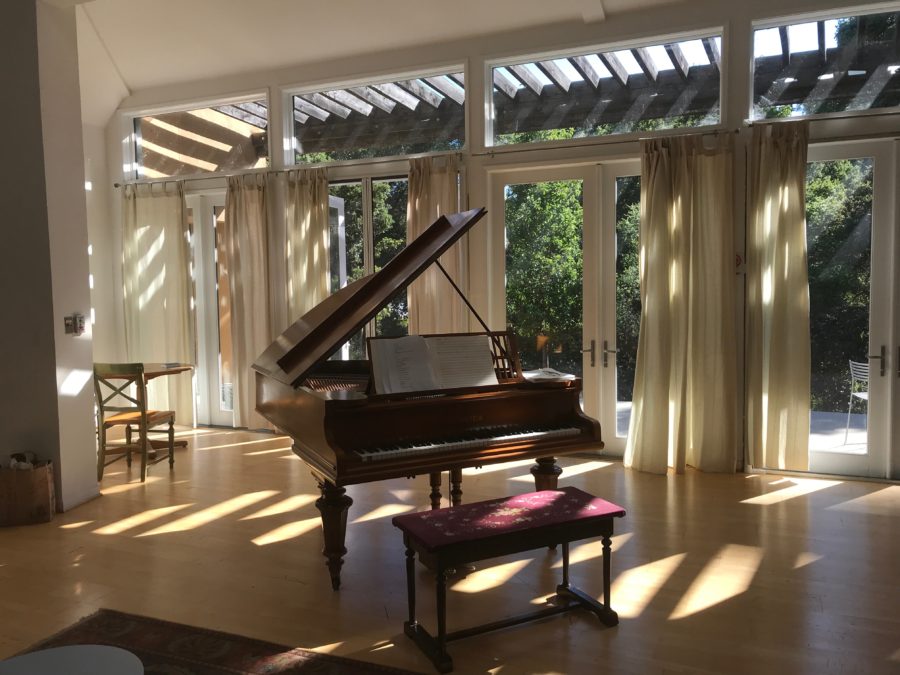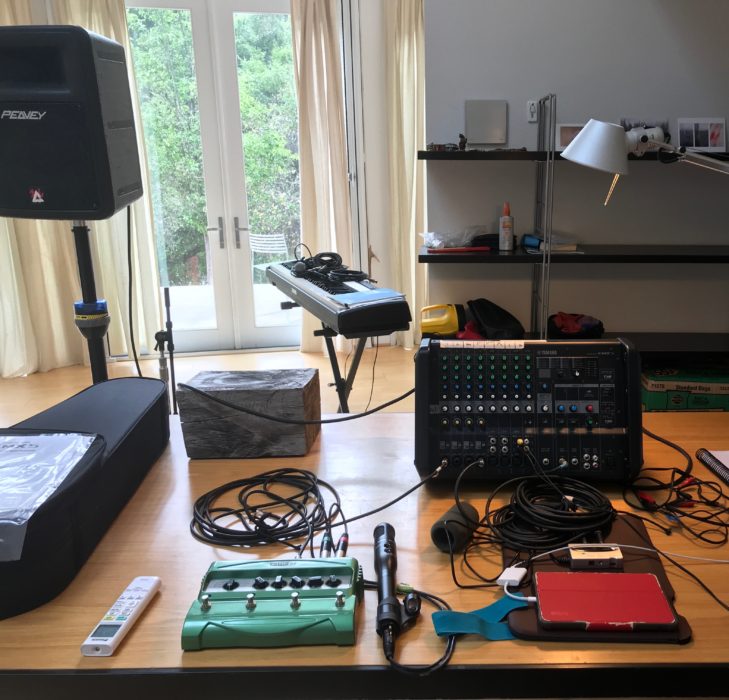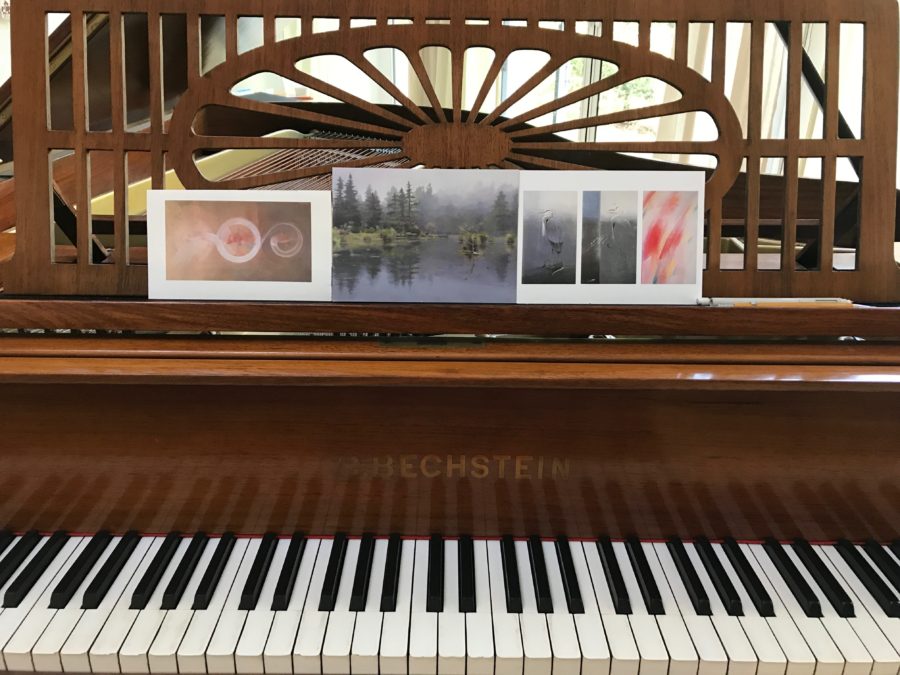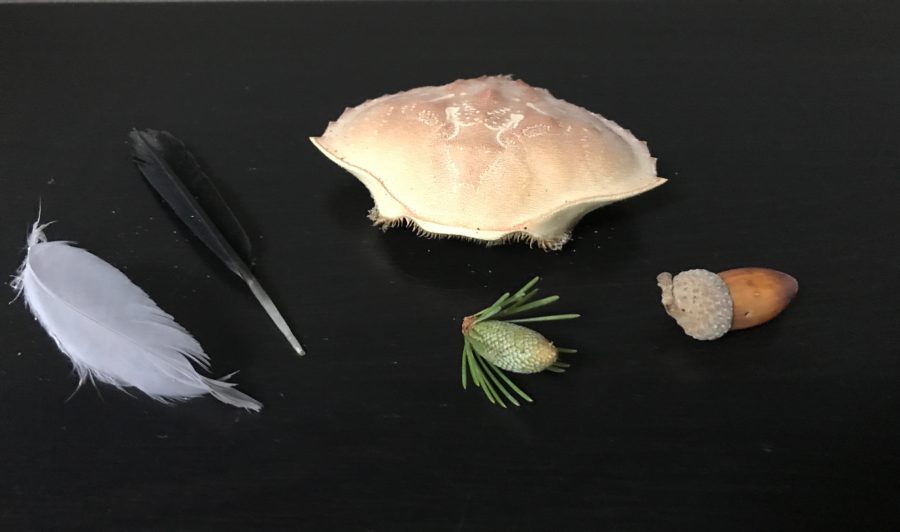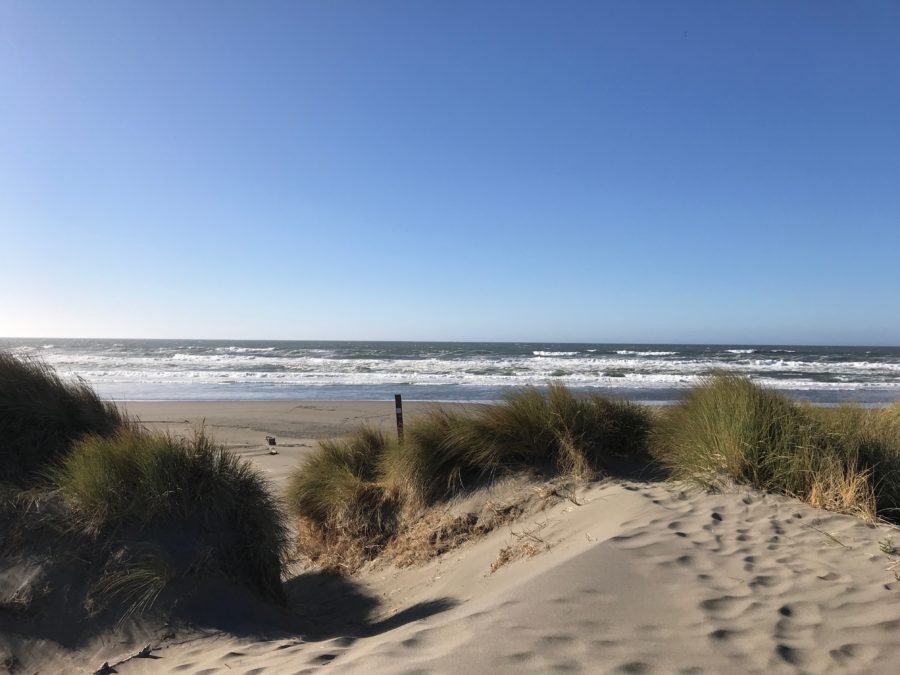Happy Birthday, Mum… you would have been ninety-nine… Exactly 9 months since I last posted on here… I should probably just quit doing this, but it sometimes helps to put things in perspective…
We got the Opera America grant (for female opera composers – that’s me!) in support o the Morris Graves project, so my time in March at The Lake, the Graves estate near Loleta, CA, was such a gift… 3 weeks of total isolation from the world, alone in nature, but taken care of at a distance – a good supper on a tray 5 nights a week, and loads of firewood delivered almost daily, by the Director (and janitor) of the Foundation, Robert Yarber, a truly lovely human being… He and his wife were the only human contact I had… The beautiful studio, Desiree’s grand piano in the main house, Morris’s library, the forest, the lake, the birds, the frogs, the quiet… the rain, the sun, the wind, the trees, the spring flowers…. I wrote about 40 pages of music, by hand (no computer allowed, no phone, no radio, no nothing – no photos), walked a lot, played the piano every day (it needed it, much neglected, tho’ they had had a technician give it a thorough overhaul and tuning before I arrived, bless them) and read a lot of great books from MG’s library. I got really grounded, and back to myself, having spun quite far out before leaving New York (the Wau-Wa recording session being the nadir…).
I did a solo gig in SF on my way home, which was a lot of fun – a house concert at Beth’s – and a 4tet gig in NY in early April which was the high point for me – I forgot how much fun I have doing that (planning to do it again next month). Brad Jones was a great cover for Greg, plus Matt and Charlie, my two angels… at the Parlor Series, a lovely old Chelsea brownstone, packed house, very appreciative – who needs clubs?? And then I headed across the pond to plant the garden and take care of sis.
June I made a mad dash to SF for the Opera America conference – a crazy thing to do, but I felt I had to show up since they gave us the money for BIRD. Way too many people, all in suits – it was less about the Art of Opera than the Business of Opera – but I learned quite a lot – most importantly from Ben Krywocz (so great to hook up with him again), who told me about the fact that in Greek there are two words for “life”: Bios, meaning “a life”, hence biography; and Zoe, meaning “Life”, hence zoology. We are definitely after the Zoe, not the Bios… After an exhausting 4-days of too many people, I then had a 4-day vacation visiting various friends and family – Santa Cruz, Sausalito, Point Reyes – oh yes… Then back across the pond to a much-improved sis – so nice to have our good sister friendship back…
August I returned to NY, including a week upstate with Joan, working on the libretto (and finding the occasional swimming hole). Jenny Collins lent us her beautiful big house with grand piano and we got a lot of work done, tho’ not all. I gave Joan a hard deadline of Sept 1st to get me a completed draft of the libretto, and she did, so I gaily headed to Montalvo for the month of September, to hole up once again and write. How lucky can a girl be? My third and final month there, finally, and perfect timing… Yet another exquisite environment in which to dig deep for the creative juice… Beautiful time of year to be there, the light, the redwoods, the Bechstein grand… Made a couple of weekend trips up to the city, including a major hike to the very northern tip of Point Reyeswith old friend Wendy Parkman; and dear Gail Bernstein’s memorial service in Berkeley; plus a trip south to see the family and take the kids to the Monterey Jazz Fest – Steven was playing with MTO West and got me 3 day passes, bless him. Elfin (eldest nephew) had just left his family and I reckoned the kids could use a distraction – it seemed to work… but damn… life…
Joan then picked me up and drove me up to Humboldt for a week of rehearsals with singers, to hear what it was I had just written. Lucky again. Joan took great care of me, and the singers were a good bunch – lovely folk, good voices (the tenor is really pretty great), and willing to go outside their comfort zone… I should have hired a pianist as well – I can’t play everything I write, and it’s hard to really hear what’s going on if you’re concentrating on finding the notes… next time… But I’ve made a good start, tho’ there’s still a long way to go… Meanwhile Jane Hill is doing some serious fund-raising for the other half of the budget – thank you! It includes my fee…
And now it’s autumn in New York – make the most of it… Hard to talk about the political environment of my two countries, they have both gone from bad to worse. And I fear it’s only going to get worse still – but I must, WE must, hang on to hope – which is not the same thing as optimism – hope that we will see our way through all this… our 45thpresident threatening civil war while we start the impeachment process, and the UK prime minister dragging the country towards a no-deal Brexit in a couple of weeks’ time, even tho’ it has been declared illegal by Parliament… jesus me beads, as mum would say… glad she’s not here to see it all… tho’ like David Robertson I would love to hear what she had to say about it all… Stay tuned…




